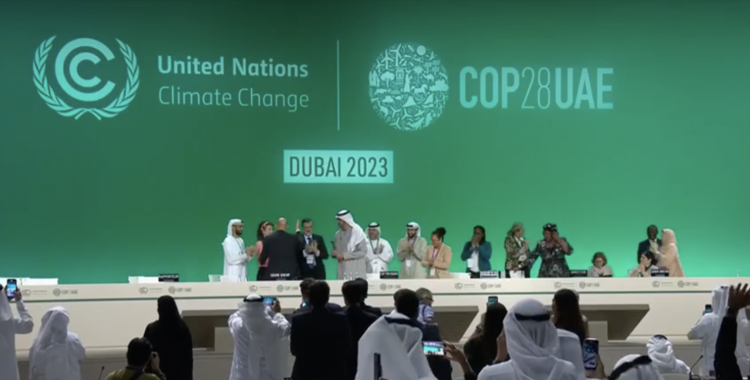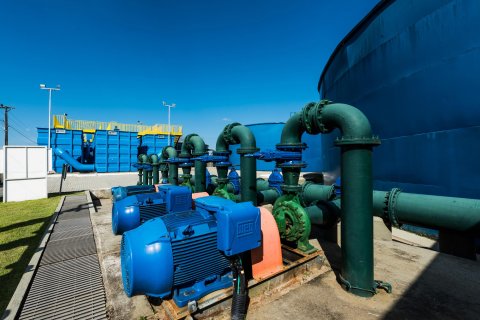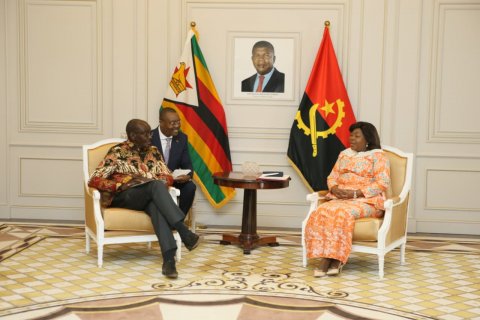José Silva, president of the Ecological Youth of Angola (JEA), said that the agreement is important, but recalled that it is not the first time that an agreement has been reached, a consensus, considered historic, like the Paris Agreement, in 2015, but afterwards, from an implementation point of view, there are still many things to be done.
"One of the issues that COP28 in Dubai discussed was, exactly, some pending issues in the Paris Agreement. And before [the Paris agreement] we had the Kyoto Protocol, which even came to an end without much being done," said José Silva.
The expert even recalled that some countries that were at the time on the list of least polluters later started to emit a lot of pollution into the atmosphere, concluding that "these agreements are worth what they are worth".
The countries gathered at the climate summit in Dubai approved this Wednesday "by consensus" a decision that calls for a "transition" to abandon fossil fuels.
The JEA president highlighted that Angola is in an advantageous position, because it is already in an energy transition process, with the oil industries changing their focus, and some change is also felt locally.
"At least from an institutional point of view, but let's see from a practical point of view. There are already some projects, such as some oil companies that are already investing in solar energy projects, there is also the entry of Sonangol [national oil company] on the issue of green hydrogen and the reduction of emissions with the decarbonization of the oil industry", he mentioned.
In other words, he stressed, "in this energy transition project, as envisaged in the Dubai agreement, Angola is already taking some steps."
José Silva highlighted that Angola has proposed to produce around 70 percent of its energy from renewable sources by 2025, emphasizing that the President, João Lourenço, in his intervention at COP28 made a commitment that at least in the next four years the country will advance with the end of thermal power plants.
"From the point of view of eliminating fossil fuels, which was not clearly advanced in this Dubai agreement, it is an [economic] advantage for Angola, it will continue to produce oil, also natural gas, it will continue to be dependent on these products to boost its its economy and from the profits from oil and gas it will also be able to make investments in terms of energy transition", he said.
The environmentalist emphasized that the agreement is historic in the perspective that people had been trying for a long time to find a text where countries could be committed to the issue of reducing emissions, with regard to the energy transition component.
The COP28 global agreement "clearly" reaffirms the imperative need to limit the increase in global temperature to 1.5 degrees Celsius, requiring drastic reductions in global greenhouse gas emissions, highlighted UN Secretary-General António Guterres, in his intervention.
The Dubai Climate Summit (COP28) ended with an agreement to begin a transition away from fossil fuels, after two weeks of intense negotiations in around 200 countries debated how to collectively face the climate crisis.







